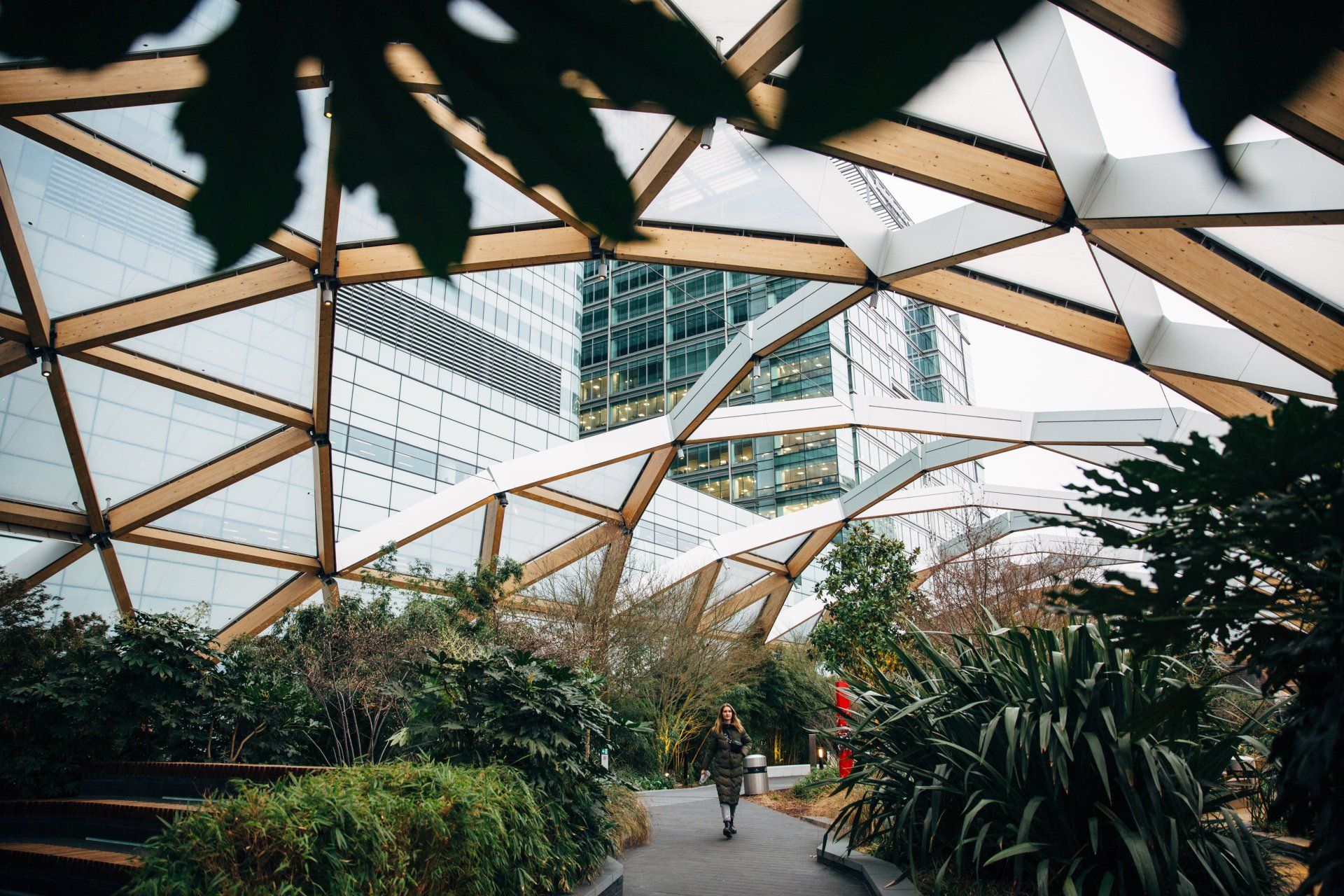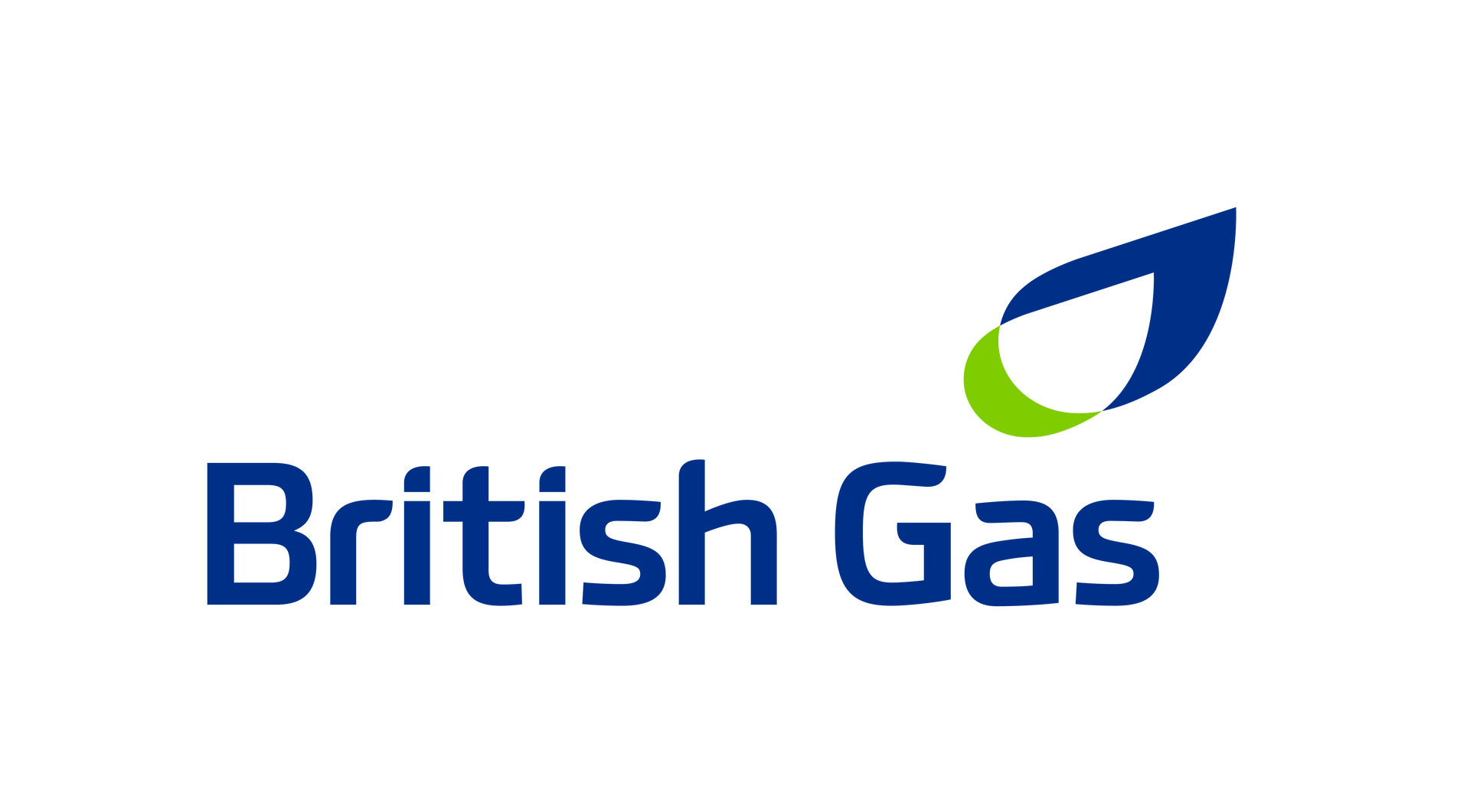Podcast recap: Are EVs more expensive? Do they really take all day to charge? If you use a car wash are you in for a shocking surprise?
Chris Jackson, Head of Fleet Partnerships at Centrica Business Solutions, spoke to future Net Zero to dispel some of the most common myths and beliefs surrounding battery-powered cars. Chris has driven pretty much every electric vehicle (EV) there is over the past 15 years, covering tens of thousands of miles and by his own account experienced “the good, the bad and the downright ugly of the UK’s charging infrastructure”.
EV’s might not be as expensive as you think
Chris Jackson said “In the fleet world, there’s this long-established concept of total cost of ownership, which just means accurately measuring all of the fixed and variable costs of motoring for as long as you have the vehicle, not just on the initial list price of it."
This has started to translate into the retail market as people understand how the low running costs of an EV offsets its higher purchase price. In addition to this, the initial cost of purchasing an EV is reducing, with more affordable models from MG, Fiat, Vauxhall, Peugeot and others.
Government intervention
As well as the fixed and variable costs associated with an EV it’s also important to take into consideration the impact of potential future government intervention. This includes future penalties associated with internal combustion engines, such as the cost of driving into clean air zones, higher fuel duties, lower resale values and higher taxes.
BGB solutions
EV's are an essential part of the journey to net-zero, and as more people make the switch to green transport, what steps is your business taking? To start your transition to EV it all starts with a call from our EV experts followed by a free site survey so we can understand your requirements and build the right charging solution for your business. Discover how we can support you to become EV ready below.



